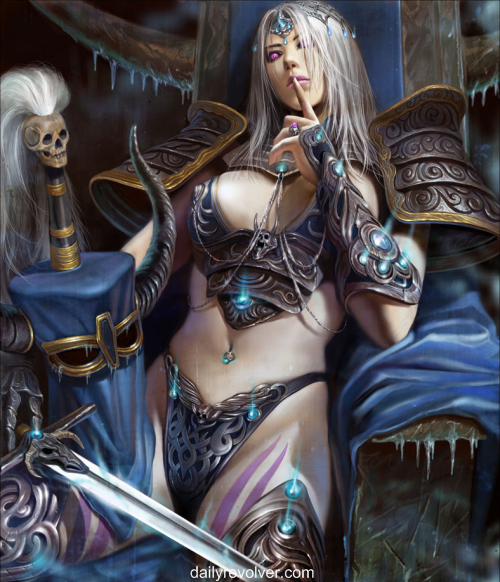
Tabletop Game
History lesson number 2:
The history of role-playing games begins with an earlier tradition of role-playing, which combined with the rulesets of fantasy wargames in the 1970s to give rise to the modern role-playing game. A role-playing game (RPG) is a type of game in which the participants assume the roles of characters and collaboratively create stories. Participants determine the actions of their characters based on their characterization, and the actions succeed or fail according to a system of rules and guidelines. Within the rules, they may improvise freely; their choices shape the direction and outcome of the games.
Role-playing games are substantially different from competitive games such as ball games and card games. This has led to confusion among some non-players about the nature of fantasy gaming. The game Dungeons & Dragons was a subject of controversy in the 1980s when well-publicized opponents claimed it caused negative spiritual and psychological effects. Academic research has discredited these claims.[1] Some educators support role-playing games as a healthy way to hone reading and arithmetic skills.[2] Though role-playing has been accepted by some,[3] a few religious conservatives continue to object.[4]
Media attention both increased sales and stigmatized certain games. In thirty years the genre has grown from a few hobbyists and boutique publishers to an economically significant part of the games industry, though grass-roots and small business involvement remains substantial. Games industry company Hasbro purchased fantasy game publisher Wizards of the Coast in 1998 for an estimated $325 million.The first commercially available role-playing game, Dungeons & Dragons (D&D), was published in 1974 by Gygax's TSR. TSR marketed the game as a niche product. Gygax expected to sell about 50,000 copies.[10] After establishing itself in boutique stores it developed a cult following.
The game's growing success spawned cottage industries and a variety of peripheral products. In a few years other fantasy games appeared, some of which blatantly copied the look and feel of the original game (one of the earliest competitors was Tunnels and Trolls). Along with Dungeons & Dragons, early successes included Chivalry & Sorcery, Traveller, Space Opera and RuneQuest. Live-action groups such as dagorhir were started, and organized gaming conventions and publications such as Dragon Magazine catered to the growing hobby.
Dungeons and Dragons character
TSR launched Advanced Dungeons & Dragons (AD&D) in the late seventies (retroactively renamed "AD&D 1st Edition" after the debut of AD&D 2nd Edition in 1989). This ambitious project expanded the rules to a small library of hardcover books, each hundreds of pages long. These covered such minutiae as the chance of finding a singing sword in a pile of loot or the odds of coaxing gossip from a tavern keeper. Optional modules in the form of small booklets offered prepared adventure settings. The first edition Dungeon Master's Guide published in 1979 included a recommended reading list of twenty-five authors.
Why is everyone into tabletop RPG ?
The answer is pretty straight forward and I believe many of you already sensed it . Tabletop RPG blends the single player RPG attributes (which I presented in the first post of the series) with cooperative aachivements . The fact that you can play with other people brings unlimited numbers of variables that change the gameplay radicaly . Now , the players must adapt to the game , and adapt to each-thers game play style . The fact that you can achieve great things and you can show them to the rest of the players makes the greatness of tabletop Rpg . The internet only made this interaction between players easier and faster . Today , not only 2-4 people play the game and interact with you , but 3000-6000 poeple . As you can see there are even more resons why people should play MMORPGs , this blend between single-playing Rpg and Tabletop Rpg .
Something that disturbes me is the fact that some people say that they are waiting for a game that will revolutionize the genre . I say that their waiting will be long and fruitles because this genre has 'all the sachels in the cart' and by this I ment to say that the genre already added all the features possible . The only things left now are to develop them even further and to blend them with features from other genres ( the hype our days seem to be the combination between RTS- real time strategy and Rpg , which I think it's a very sound mix that will give birth to many good games in the close future) .
This concludes the second part of the Vision Over MMORPGs series . For the next part I saved more goodys . We will talk about how companies are struggling to please as many types of players as possible and how many of them fail .





0 comments:
Post a Comment